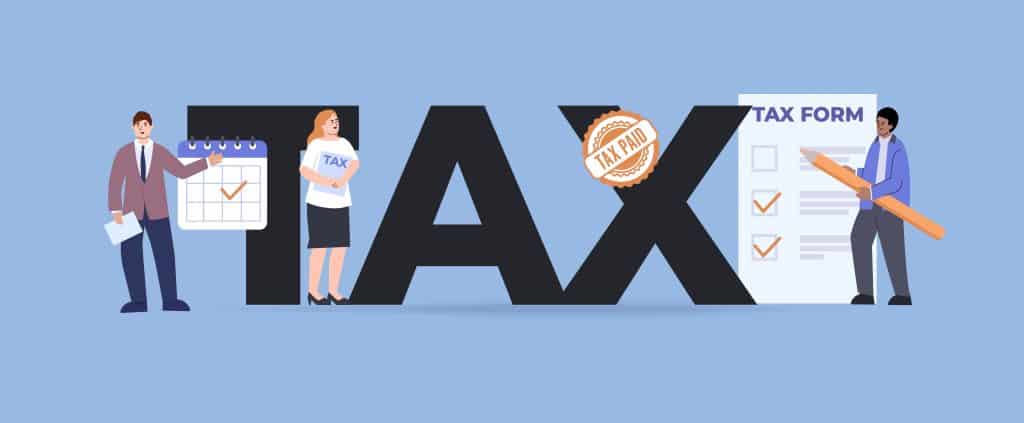Adjustment of Value Added Tax (VAT) Policy in the Law on Harmonization of Tax Regulations.
In order to increase Indonesia’s sustainable economic growth and support the acceleration of economic recovery, and optimizing state revenues to finance national development independently towards fair Indonesian society, affluent and prosperous, it takes various efforts from the Government to make adjustments to fiscal policy. The ratification of the Law on the Harmonization of Tax Regulations (HPP Law) Number 7 of 2021 some time ago became one of the Government’s steps to support fiscal policy in order to achieve an increase in the tax ratio.
Table of Contents
HPP Law changes the provisions of various tax laws, including the tax policy on Value Added Tax (VAT) which includes changes to the value-added tax rate, reduction of the exemption of value-added tax objects, and the imposition of final value-added tax.

Changes in VAT Rates
The Government changes the value-added tax rate in stages, for 11% (eleven percent) which is effective on April 1, 2022 and 12% (twelve percent) which takes effect no later than January 1, 2025.
The following table is the comparison of value-added tax rate as per the previous regulation with the rate as per HPP Law:
[wptb id=10386]
Reduction of VAT object exemptions
In addition to the increase in value-added tax rates, there is also the elimination of value-added tax exemptions for several commodities. The following table compares the previous regulation with the HPP Law regarding changes to some commodities that are exempted from value-added tax:
[wptb id=10387]
Final VAT Imposition
The HPP Law also regulates the imposition of Final value-added tax to provide convenience and simplification of tax administration in terms of collecting and depositing value-added tax made by Taxable Entrepreneurs (PKP). This Final value-added tax scheme is imposed on the following Taxable Entrepreneurs (PKP):
a) has business circulation in 1 (one) financial year does not exceed a certain amount;
b) conducts out certain business activities; and/or
c) performs the delivery of certain taxable goods and/or certain taxable services.
Taxable Entrepreneurs (PKP) with these three criteria can collect and deposit value-added tax payable on the submission of BKP/JKP with a certain amount. The provisions regarding the qualifications of certain taxable goods and/or certain taxable services that are subject to Final value-added tax will be further regulated by the Government.
***
If you require assistance navigating the intricacies of VAT regulations or seeking expert guidance on tax matters in Indonesia, look no further than SW Indonesia. Our team of knowledgeable professionals specializes in providing comprehensive solutions tailored to meet your specific VAT needs. Whether you have questions, need consultation, or require support in managing VAT-related challenges, we are here to help. Contact us today at +62 2993 2132 or email us at info@sw-indonesia.com and let us be your trusted partner in optimizing your VAT strategy and ensuring compliance in Indonesia’s dynamic tax landscape.













